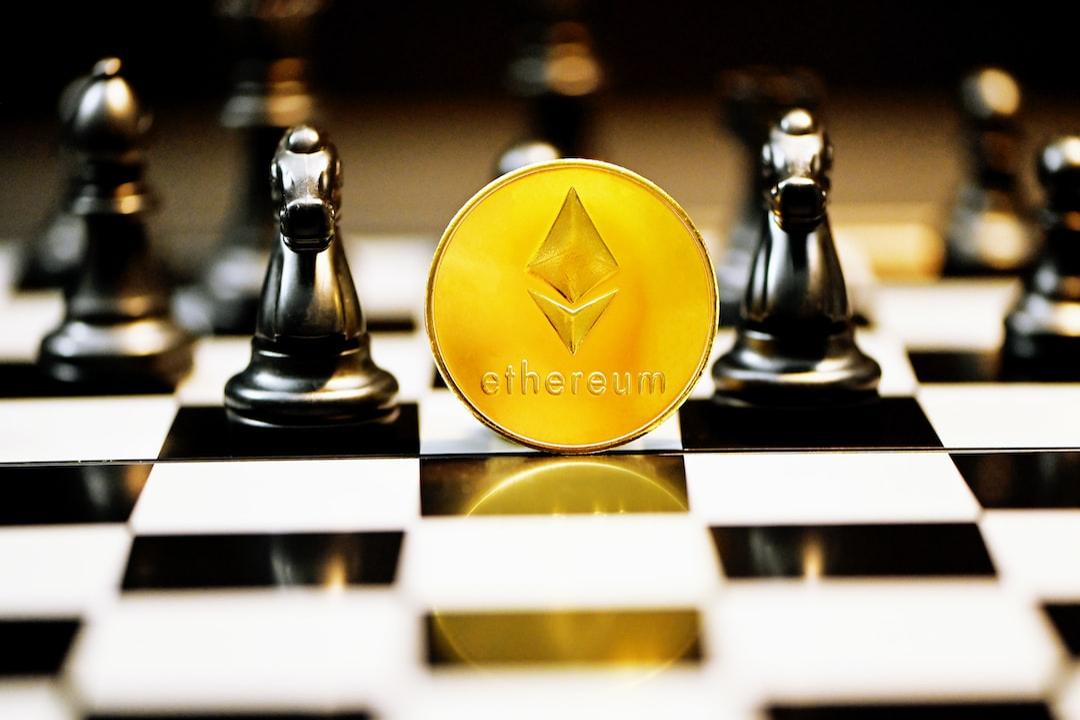Trillion Dollar Business: John Mullin on the Potential and Challenges of RWA Tokenization
Tokenization of real-world assets (RWA) is revolutionizing the integration of traditional assets into the digital economy. This growing trend involves converting assets such as real estate, commodities, and intellectual property into digital tokens, providing a wider range of investment opportunities.
In an exclusive interview with CryptoNews, John Patrick Mullin, the co-founder and CEO of MANTRA Chain, delves into the immense potential and the inherent challenges of RWA tokenization. Mullin also offers valuable insights from an Asian perspective, discussing the different regulatory frameworks and market dynamics in prominent regions like Hong Kong, Dubai, and Singapore, highlighting their diverse approaches to blockchain and digital asset regulations.
RWA Tokenization Development and Popular Assets
Mullin explains that RWA tokenization involves integrating traditional assets into the digital economy. When assets are tokenized, they can be traded and managed with increased efficiency and accessibility.
“You can tokenize almost anything,” Mullin states. “However, it doesn’t necessarily mean it’s a good use case or that there’s a market for it. But in my opinion, most of the world will eventually exist on the blockchain.”
According to Mullin, the concept of RWA has existed long before the term was coined. “I’ve been involved in asset tokenization since the early days when it was known as security token offerings (STOs) and similar terms,” he reveals.
Mullin identifies U.S. treasuries on public blockchains as one of the most popular choices for tokenization, with companies like BlackRock, Superstate, Ondo, OpenEden, and Matrixdock leading the way. However, he believes that real estate holds tremendous potential as an asset class due to its sheer size, with trillions of dollars at stake. Yet, challenges related to liquidity, pricing, regulations, and the transfer of real-world titles onto the blockchain complicate its full-scale tokenization.
“In the short term, we might see more tokenization of private credit,” Mullin suggests. “These would be structured products around yield-bearing instruments that are relatively low-risk.”
Technical, Regulatory, and Educational Challenges
Mullin highlights several key challenges associated with RWA tokenization that need careful consideration.
Technical complexity stands as a significant hurdle in integrating traditional assets into the blockchain. Mullin emphasizes the need to bridge the gap between real-world assets and their digital representations, a task often limited by current technological capabilities.
Regulatory compliance poses yet another major challenge. Mullin points out the varying regulatory landscapes worldwide, with each country having different rules and requirements. “There’s no consistency across the globe when it comes to regulatory frameworks for digital assets,” he explains.
Mullin also emphasizes the importance of market adoption and acceptance. He underscores the need for market demand for tokenized assets and the alignment of these assets with investor interests and readiness.
However, Mullin views these challenges as opportunities for developers to solve complex issues across various areas, making RWA tokenization an interesting and promising sector.
The Future of RWA and the Asian Market
Drawing upon his experience of living in Hong Kong for seven years and founding MANTRA there four years ago, Mullin predicts significant advancements in RWA tokenization, particularly driven by regulatory and market developments in Asia.
Mullin points out that the diverse regulatory landscapes of Hong Kong, Dubai, and Singapore are shaping the evolution of tokenization strategies and playing a critical role in the global blockchain ecosystem.
“Each of these markets is developing unique frameworks that impact how RWAs are handled,” he says. He highlights Dubai’s progressive approach, which has established itself as a pivotal center for blockchain initiatives due to its supportive environment.
“Singapore is probably the most advanced when it comes to crypto regulation,” Mullin asserts. “Hong Kong is relatively new in this regard, with extensive frameworks only coming into the public domain in early 2023.”
Mullin believes that Dubai, with its Virtual Assets Regulatory Authority (VARA), is the most forward-thinking regulator, creating more specific and crypto-native rules. He explains that MANTRA chose Dubai as its base due to its retail-friendly environment and the strong partners and backers it has found in the region.
In conclusion, RWA tokenization presents enormous potential for the digital economy, but it also comes with its fair share of challenges. However, with the right approach and the concerted efforts of developers, regulators, and investors, RWA tokenization can pave the way for a new era of financial inclusion and innovation.


